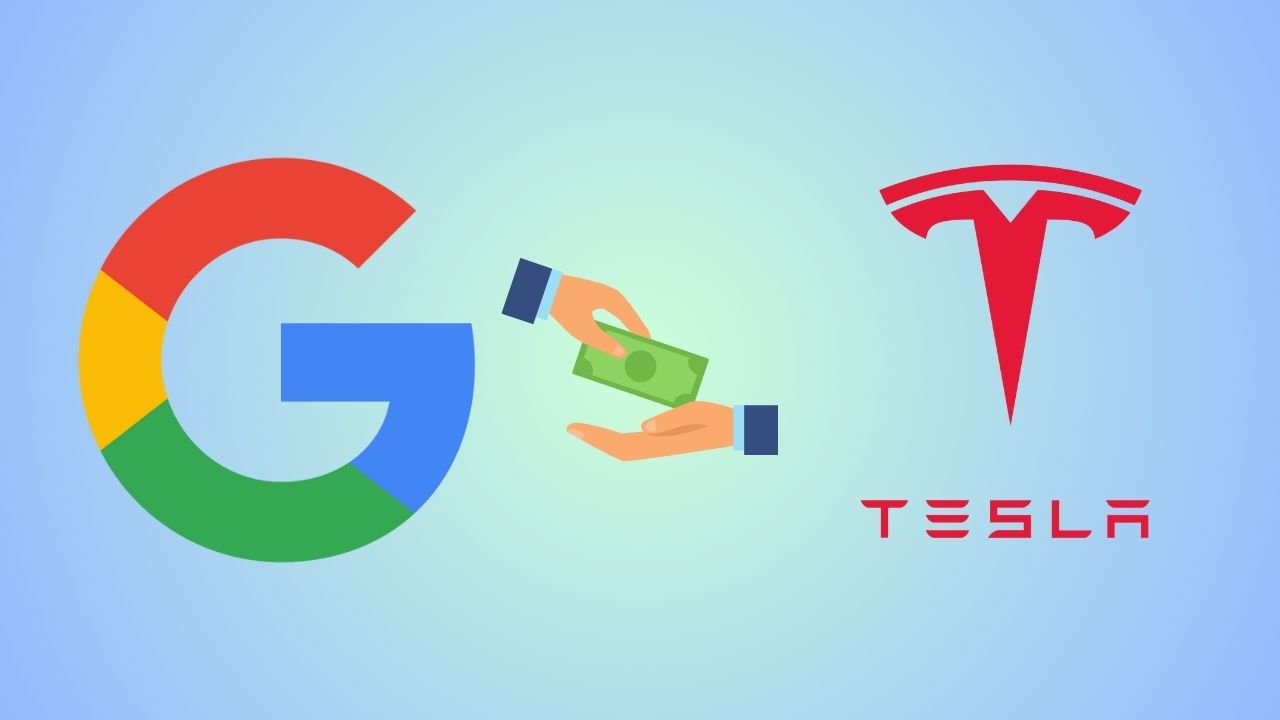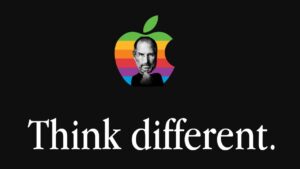In today’s rapidly evolving technological landscape, the potential for groundbreaking collaborations between industry giants is a tantalizing prospect. One hypothetical scenario that has captured imaginations is the idea of Google acquiring Tesla. With Google’s unmatched expertise in artificial intelligence (AI) and Tesla’s pioneering electric vehicle (EV) technology, this merger could redefine the future of innovation. But what would this mean for technology, sustainability, and industries worldwide? Let’s explore the possibilities.
The Vision: Why Google and Tesla Could Join Forces
Both Google and Tesla share an overarching mission: to harness technology for global transformation. Google, as a leader in AI, cloud computing, and software solutions, has already made significant strides in sustainability through its commitment to renewable energy. Meanwhile, Tesla has revolutionized the automotive industry with its EVs and clean energy solutions.
By joining forces, Google and Tesla could amplify their shared goals. Imagine a Tesla car powered by Google’s advanced AI, capable of seamless autonomous driving while connected to an ecosystem of smart services. This partnership could also accelerate the adoption of renewable energy, leveraging Tesla’s solar technology and Google’s data-driven optimizations.
Such a merger would represent more than a business deal—it would symbolize the fusion of two visions committed to creating a more sustainable, technologically advanced future.
How Google’s Tech Could Supercharge Tesla
One of the most exciting aspects of this hypothetical merger is the synergy between Google’s tech capabilities and Tesla’s automotive innovations. Let’s break down the possibilities:
1. Revolutionizing Autonomous Driving
Google’s Waymo is already a leader in self-driving technology, and Tesla’s Autopilot is among the most advanced systems in consumer vehicles. Combining these technologies could result in safer, more reliable autonomous vehicles. For instance, Google’s machine learning algorithms could process Tesla’s real-time driving data to improve decision-making and obstacle detection.
2. Enhanced In-Car Experiences
Imagine Tesla vehicles fully integrated with Google’s suite of services, including Google Maps, Google Assistant, and Android Auto. This could create a personalized, connected driving experience. Drivers could receive real-time navigation updates, manage smart home devices from their car, and even stream entertainment through YouTube.
3. Smart Energy Solutions
Tesla’s advancements in energy storage and solar panels could be optimized with Google’s data analytics. For example, Google’s cloud computing could predict energy usage patterns, making Tesla’s Powerwall systems more efficient for households and businesses.
These innovations wouldn’t just benefit Tesla’s vehicles and energy products—they would also set new standards for the automotive and tech industries.
What Could Hold Back a Google-Tesla Deal?
Despite the potential, a merger between Google and Tesla wouldn’t come without challenges. Here are some key roadblocks:
1. Antitrust Concerns
Regulators worldwide have increased scrutiny on big tech mergers. A Google-Tesla deal would undoubtedly face antitrust investigations, given the immense market power such a merger would create. Critics might argue that this partnership could stifle competition in both the tech and automotive sectors.
2. Cultural Clashes
Tesla’s innovative culture is deeply tied to Elon Musk’s leadership style, which is known for its risk-taking and unconventional approach. In contrast, Google operates within a more structured corporate framework. Integrating these differing cultures could pose significant challenges.
3. Brand Identity Risks
Tesla has built a strong brand as an independent disruptor in the automotive industry. Being absorbed into Google’s ecosystem might dilute its unique identity, potentially alienating loyal Tesla customers.
While these obstacles are significant, they aren’t insurmountable. Strategic planning and regulatory navigation would be essential to making this partnership a reality.
How This Merger Could Reshape the World
If Google were to acquire Tesla, the ripple effects would be felt across multiple industries and among consumers. Here’s what we might expect:
1. Impact on the Automotive Industry
A Google-Tesla merger would pressure competitors like Ford, GM, and even other EV makers like Rivian to innovate faster. Traditional automakers might need to accelerate their own investments in AI and electric mobility to stay competitive.
2. Transformation of the Tech Industry
The merger could redefine the role of AI in everyday life. From autonomous vehicles to smart energy management, Google and Tesla’s combined resources could pave the way for next-generation innovations.
3. Consumer Benefits
Consumers could enjoy safer, smarter, and more efficient products. Imagine a Tesla car that not only drives itself but also adapts to your preferences, learns from your habits, and integrates seamlessly with your digital life. Additionally, Tesla’s energy solutions could become more affordable and accessible through Google’s economies of scale.
4. Advancing Sustainability
Together, Google and Tesla could accelerate the shift toward a sustainable future. By combining Tesla’s renewable energy solutions with Google’s data-driven optimizations, the partnership could help combat climate change on a global scale.
What the Experts Say About Big Tech Mergers
While this merger is hypothetical, experts often analyze similar scenarios to understand the implications. Industry analysts agree that such collaborations could unlock unprecedented potential but also highlight the risks of monopolization and stifled competition.
Past examples like the acquisition of LinkedIn by Microsoft and Disney’s purchase of Pixar demonstrate that mergers can succeed when companies share a clear vision and complement each other’s strengths. A Google-Tesla deal could follow a similar path, provided both companies align on their goals and execution strategies.
A Bold Hypothetical That Inspires Innovation
In conclusion, the idea of Google buying Tesla may be speculative, but it raises fascinating questions about the future of technology, sustainability, and innovation. The synergies between these two companies could transform industries, advance renewable energy, and create groundbreaking products for consumers.
As we continue to witness the rapid evolution of technology, one thing is clear: collaborations between visionary companies have the potential to reshape the world. Whether or not Google and Tesla ever join forces, the possibilities explored in this scenario serve as a powerful reminder of what’s possible when innovation meets ambition.
What do you think? Could a Google-Tesla merger revolutionize the future, or would the challenges outweigh the benefits? Share your thoughts in the comments below!




Pingback: Elon Musk Thought-Controlled Smartphone: A Futuristic Idea
Pingback: Nokia Android Early Adoption: A Missed Opportunity?
Pingback: Microsoft Acquires Netflix: Tech Meets Entertainment